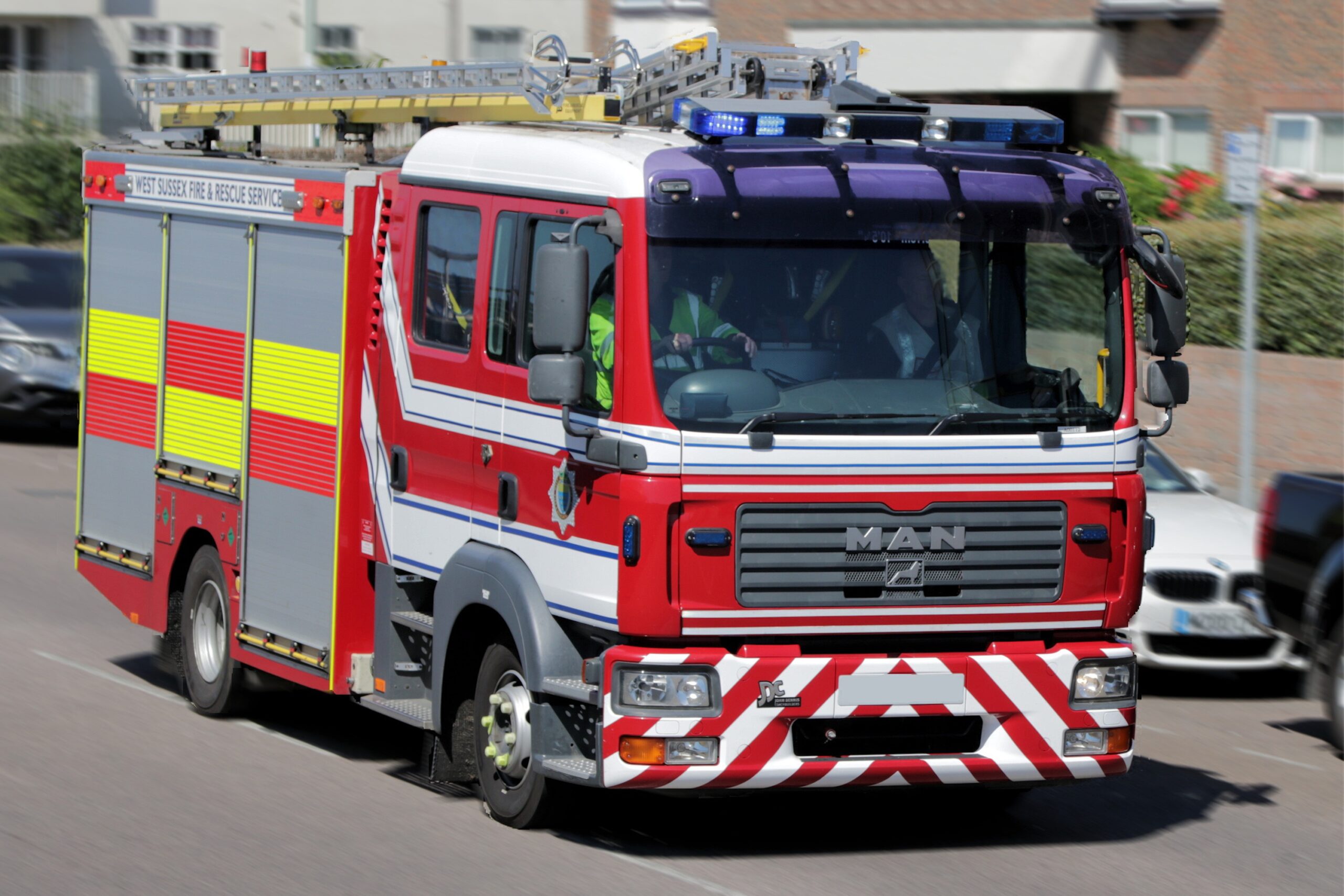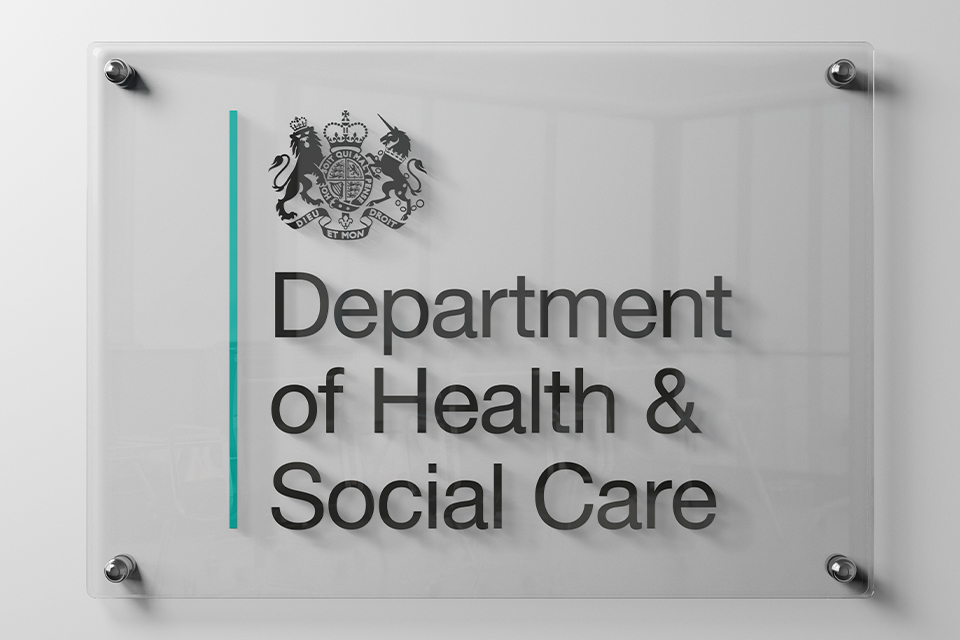App will remain available to businesses that wish to use it voluntarily
Credit: PxHere
Scotland’s vaccine passport scheme is to come to an end next Monday, first minister Nicola Sturgeon has confirmed.
Scots are currently required to demonstrate vaccine status in order to attend nightclubs and other late-night entertainments, concerts, and large events, such as football matches. The primary means of doing so is the NHS Scotland Covid Status app – although an email or printed confirmation of a recent negative test can also be used.
The legal requirement for venues and visitors to use the technology will be removed from 28 February, although the Scottish Government said that “the app will remain available so any business that wishes to continue certification on a voluntary basis to reassure customers will be able to do so”.
In a statement made to the Scottish Parliament on Tuesday – which coincided with the publication of a Strategic Framework document dubbed ‘Living safely with Covid – Sturgeon revealed that other legal requirements covering businesses, places of worship and service providers will also be lifted in March, including the retention of customer details in hospitality. Face masks will no longer be mandatory in indoor public places or on public transport from 21 March.
The Scottish Government is to publish its plans on winding down the Test and Protect programme next month, though Sturgeon insisted testing kits will remain free and self-isolation will continue to be required, in contrast to the plan in England.
Related content
- Scotland will not extend vaccine passports to pubs, restaurants and theatres
- NHS Covid Pass: 12- to 15-year-olds offered digital document from Thursday – in time for half-term hols
- Wales to require Covid passes for nightclubs and large events
Instead of suppressing Covid to the lowest level possible, the government now aims to “manage Covid effectively, primarily through adaptations and health measures that strengthen our resilience and recovery as we rebuild for a better future”.
The first minister said Covid remained a public health risk and it was therefore important to “remain vigilant and prepared”, but the change meant there would be less reliance on legally imposed measures.
She said: “The document we are publishing today gives more detail on the kinds of behaviours and adaptations that will be encouraged in different circumstances. These include enhanced hygiene across the general population, and improved ventilation in workplaces and other settings; and – especially when levels of infection may be higher – increased hybrid and flexible working and the use of face coverings in some indoor public places. It is less likely that any of these measures will be legally imposed in future, but we will advise them for as long as they help keep the virus under control and protect those who are most vulnerable.”
Sturheon criticised the UK government for planning to end free testing from 1 April because this would impact on the resources available to the devolved nations.
She said there had been “no clarity” from Westminster regarding funding or testing infrastructure.
However, she committed to retaining a “robust testing system” in Scotland regardless, confirming lateral flow tests and PCR tests would remain free for the foreseeable future.
She also said the Scottish Government was continuing to work with the UK government on the ONS surveillance programme to help determine any new variants which could propose a new threat.
But the new framework does not include fixed thresholds for reintroducing any public health measures because of a need for flexibility, she added.
The current threat level from Covid is deemed medium, but the first minister said this will likely to be reassessed as low shortly.




